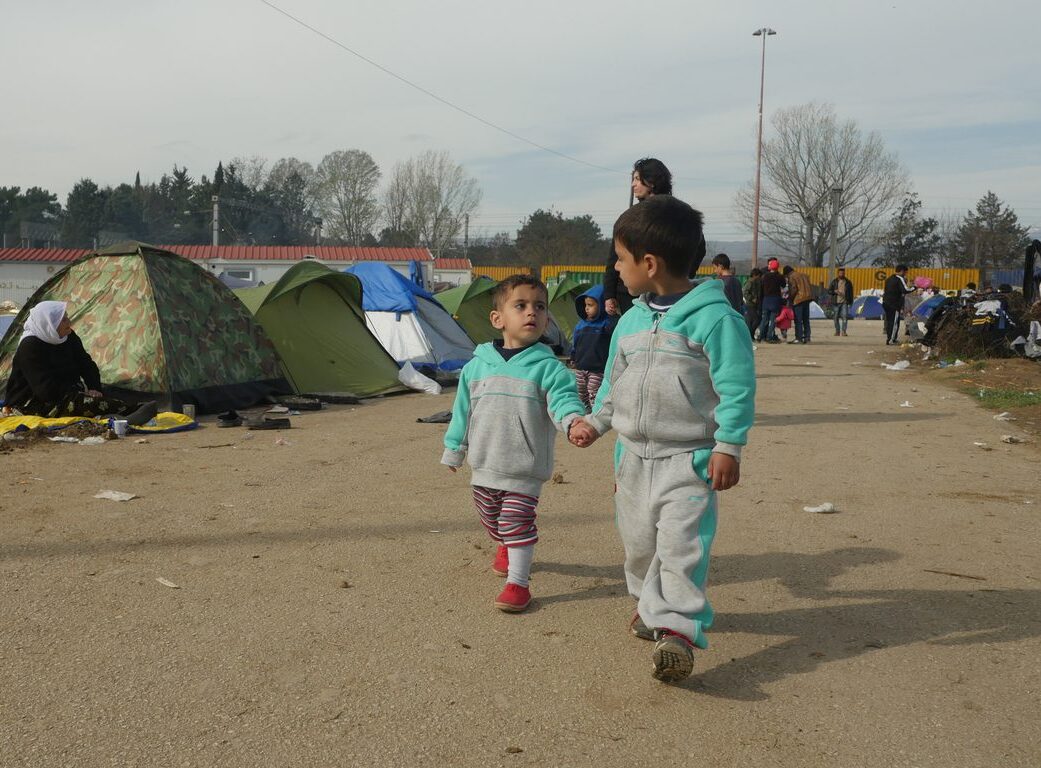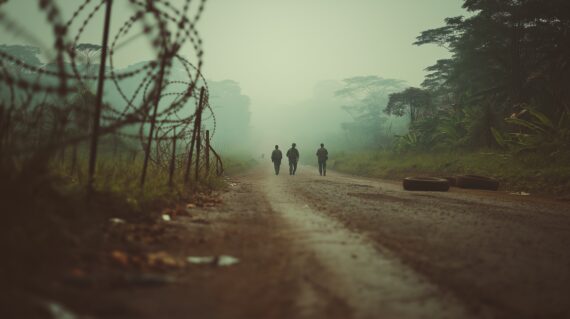By Syeda Lamia Hossain
The bond between water and humans begins in the mother’s womb. The amniotic fluid that surrounds and protects a fetus is its first experience of the life-giving power of water. It is a profound connection that starts before birth. Yet far too many babies are denied their fundamental human right: access to clean and safe water.
Using food and water as weapons of war has been a common tactic throughout history. Yet in a world where all people are created equal, it is difficult to understand how anyone can justify depriving innocent children of access to these basic necessities.
In the Northern Gaza Strip, nearly one in three children younger than 2 is suffering from severe malnutrition, a life-threatening condition. Treatment for malnutrition has been interrupted for approximately 3,000 children in southern Gaza. “Horrific images continue to emerge from Gaza of children dying before their families’ eyes,” said Adele Khodr, UNICEF’s Regional Director for the Middle East and North Africa. Ongoing violence and the displacement of hundreds of thousands of people have put health care out of reach for most of Gaza’s families.
Meanwhile, in Sudan, the conflict has entered its second year. The World Health Organization (WHO) reports that 18 million people are facing acute hunger and 3.6 million children are suffering from acute malnutrition.
The Inter-Agency Standing Committee (IASC) is the longest-standing and highest-level humanitarian coordination forum of the United Nations system, composed of leaders from 19 leading organizations. On May 31, 2024, this group of experts called for urgent action to help people in Sudan.
“Despite the tremendous needs, aid workers continue to face systematic obstructions and deliberate denials of access by parties to the conflict,” the IASC leaders said in their statement. “We have a rapidly shrinking window to get seeds to farmers before the main planting season ends… If we act in time, people – especially those in inaccessible areas – will be able to produce food locally and avert food shortages in the next six months.”
Both Sudan and Gaza already had significant levels of hunger before the surge in violence began, but conditions for people in both Sudan and Gaza became far worse as full-blown conflict erupted in April 2023 and October 2023, respectively. Very little progress toward ceasefires in either Sudan or Gaza has been made, despite truly heart-wrenching scenarios and global protests, advocacy, and hopeful expectations.
Food, water, and respect for the dignity of people pushed to desperation are absolute necessities. In these situations, it is more critical than ever for the global community to uphold the principles of the Geneva Conventions and Additional Protocols. These key international treaties are built on the principle of respecting civilians’ lives and dignity. They regulate the conduct of armed conflict and seek to limit its effects. According to the Geneva Conventions, the human rights of those not involved in hostilities must be respected and they must be shielded from the impact of war. Compassionate assistance and care must be provided to those in distress, without discrimination.
We can see that the Geneva Conventions are too often breached, with indiscriminate violence against noncombatants, including babies and children. People have also been killed when the original intent was to help, such as in February 2024, when at least 112 desperate, frail people in Gaza were killed and 760 injured as they gathered to try to collect flour, a tragedy now known as the “flour massacre.” Shortly after this, at least five people were killed when airdropped aid packages fell on them in the Al Shati camp west of Gaza City.
Saving lives and assuring that people have a future in Gaza and Sudan depend on achieving immediate ceasefires. “The people of Sudan are crying for help to restore their dignity and rights,” said Mohamed Chande Othman, Chair of the Independent International Fact-Finding Mission (FFM) for Sudan.
Volker Türk, the UN High Commissioner for Human Rights, stated that since April 2023, at least 14,600 people have been killed in Sudan and an additional 26,000 injured, including large numbers of children, women, and other civilians. Many humanitarian and healthcare workers have also been killed while bravely serving people in need.
Bread for the World is actively advocating for humanitarian access to water, food, and dignity in both Gaza and Sudan. During Bread’s Advocacy Summit in June, grassroots leaders met with members of Congress and their staff to push for the passage of the next farm bill. The farm bill includes the Food for Peace program, which provides humanitarian assistance for people trapped in hunger emergencies. Bread will continue to urge Congress to enact additional legislation with policies and funding that contribute to a world where people can live in dignity, peace, and security.
Syeda Lamia Hossain is a global hunger fellow, Policy and ResearchInstitute, with Bread for the World.



